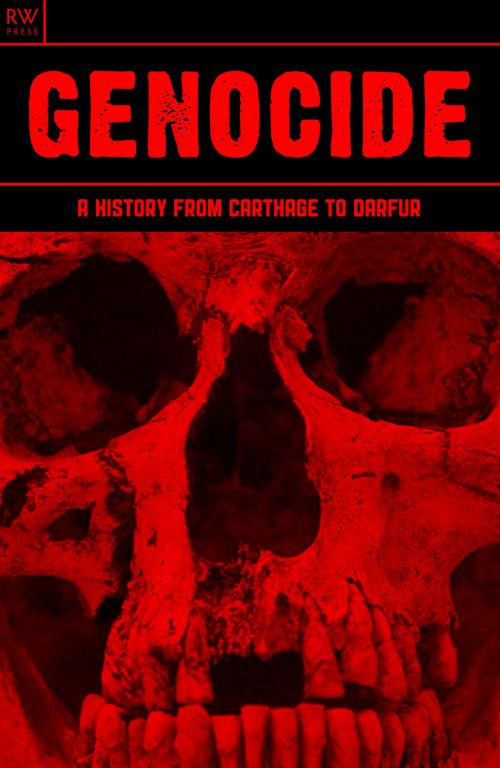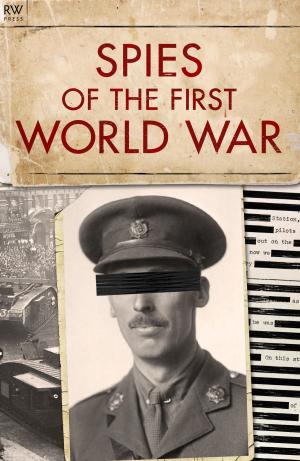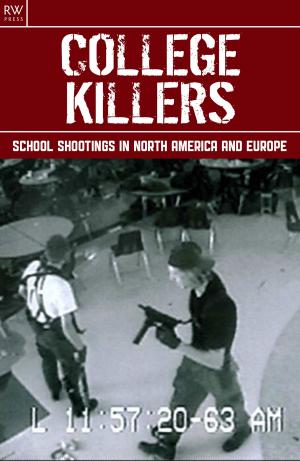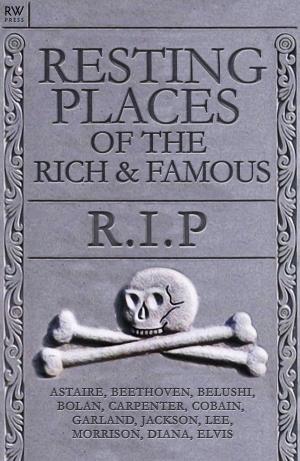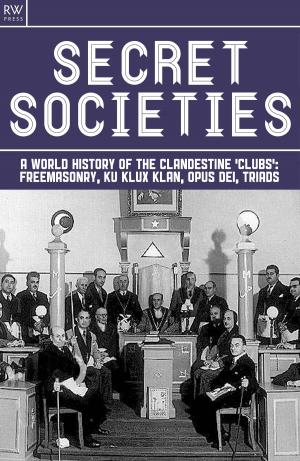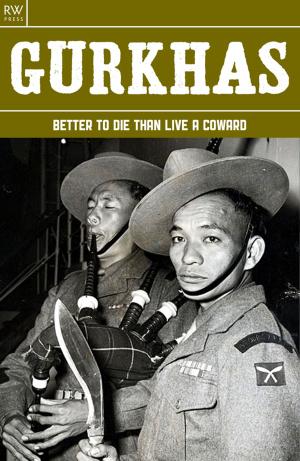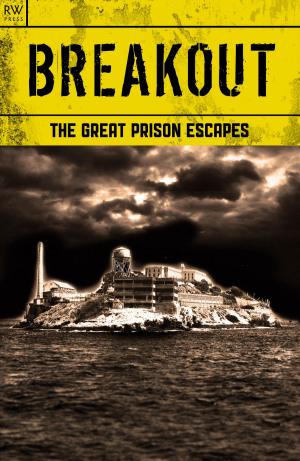Genocide
A History from Carthage to Darfur
Nonfiction, Social & Cultural Studies, Social Science, Cultural Studies, Death & Dying, True Crime, History, Military| Author: | Maria Pritchard | ISBN: | 9781909284272 |
| Publisher: | RW Press | Publication: | May 16, 2013 |
| Imprint: | RW Press | Language: | English |
| Author: | Maria Pritchard |
| ISBN: | 9781909284272 |
| Publisher: | RW Press |
| Publication: | May 16, 2013 |
| Imprint: | RW Press |
| Language: | English |
Contents
Introduction
Carthage and Rome
Genghis Khan: A Mandate from Heaven
The Conquistadors: An Aztec Apocalypse
Armenia: The Forgotten Genocide
Stalin – Terror, Purges and Famine
The Nazi Holocaust
Cambodia – Year Zero
Halabja: The Poisoned Legacy
The Srebrenica Massacre
From Rwanda to the DRC
Darfur: the First Genocide of the 21st Century?
As Winston Churchill learned the full horror of the Nazi atrocities, he reportedly said, ‘This is a crime that has no name’. The sheer scale of the mass murder made a new expression necessary: this went beyond anything seen before or since. The term ‘genocide’ was coined by Raphael Lemkin, a Polish lawyer of Jewish descent, who lost most of his family in the Holocaust. He formed the word by marrying the Greek genos, meaning race or tribe and the Latin -cide, meaning to kill. Lemkin was also instrumental in persuading the UN (United Nations) to adopt a legal definition of the crime and to create international policies for dealing with it. In 1948 the UN General Assembly defined genocide as ‘…acts committed with the intent to destroy, in whole or in part, a national, ethnic, racial or religious group’. The acts in question are listed as killing, or causing serious physical or mental injury to members of a group, deliberately exposing a group to conditions likely to cause death, preventing births within a group and forcibly removing the group’s children.
The UN definition has been condemned both for being too general and too narrow. A major criticism is that it omits political and social groups. The ruthless pursuit of ideologies has caused the deaths of millions of people in the last century: Stalin, Pol Pot and Mao targeted political and social groups, such as intellectuals.
Author Biography
Maria Pritchard is a freelance writer who lives in East London with her husband and daughter. She has two degrees obtained 15 years apart; one in English the other in Humanities with Classical Studies. She worked in publishing for 15 years before deciding to become an author. History is one of her passions. When not writing she pursues her love of dance and travels to warmer climes for snorkelling and scuba diving.
Contents
Introduction
Carthage and Rome
Genghis Khan: A Mandate from Heaven
The Conquistadors: An Aztec Apocalypse
Armenia: The Forgotten Genocide
Stalin – Terror, Purges and Famine
The Nazi Holocaust
Cambodia – Year Zero
Halabja: The Poisoned Legacy
The Srebrenica Massacre
From Rwanda to the DRC
Darfur: the First Genocide of the 21st Century?
As Winston Churchill learned the full horror of the Nazi atrocities, he reportedly said, ‘This is a crime that has no name’. The sheer scale of the mass murder made a new expression necessary: this went beyond anything seen before or since. The term ‘genocide’ was coined by Raphael Lemkin, a Polish lawyer of Jewish descent, who lost most of his family in the Holocaust. He formed the word by marrying the Greek genos, meaning race or tribe and the Latin -cide, meaning to kill. Lemkin was also instrumental in persuading the UN (United Nations) to adopt a legal definition of the crime and to create international policies for dealing with it. In 1948 the UN General Assembly defined genocide as ‘…acts committed with the intent to destroy, in whole or in part, a national, ethnic, racial or religious group’. The acts in question are listed as killing, or causing serious physical or mental injury to members of a group, deliberately exposing a group to conditions likely to cause death, preventing births within a group and forcibly removing the group’s children.
The UN definition has been condemned both for being too general and too narrow. A major criticism is that it omits political and social groups. The ruthless pursuit of ideologies has caused the deaths of millions of people in the last century: Stalin, Pol Pot and Mao targeted political and social groups, such as intellectuals.
Author Biography
Maria Pritchard is a freelance writer who lives in East London with her husband and daughter. She has two degrees obtained 15 years apart; one in English the other in Humanities with Classical Studies. She worked in publishing for 15 years before deciding to become an author. History is one of her passions. When not writing she pursues her love of dance and travels to warmer climes for snorkelling and scuba diving.
